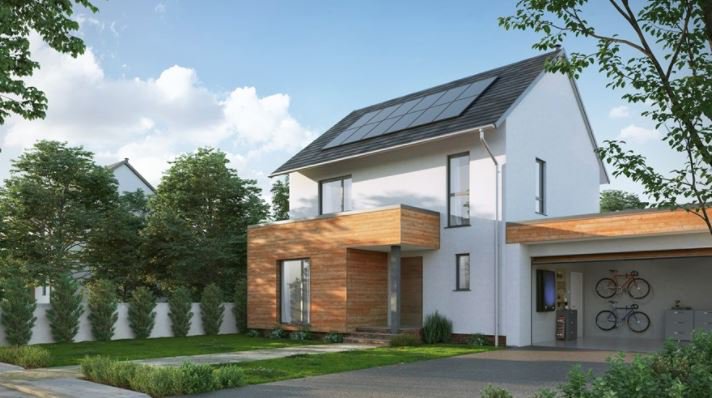The UK’s recent fuel predicament led to a 1,500% spike in Google searches for electric vehicles (EVs) in September. So, it’s unsurprising to hear that after the gas crisis many people are now considering how to best reduce their transportation fuel bills, future proof their homes to replace their old gas or oil boilers and protect themselves from rising fossil energy tariffs this winter – whilst taking advantage of renewables when available.
We’re all aware that significant changes must be made if we are to successfully navigate the fast-evolving future ahead of us. Climate change has been apparent for several years, and whilst we’ve witnessed many pledges of change from world leaders, real action that takes us a significant step closer to a net zero lifestyle has yet to be made.
On the current trajectory extreme weather events will continue to uproot lives, destroy the planet, and disrupt supply chains as well as become more impactful on large network infrastructures. Demand for vital resources will only continue to soar, so alternative sources must be prioritised if we’re to achieve the targets set out by the UK government.
To mitigate against future energy crises this means transforming grids – at both national and local levels – to make them more flexible and resilient to extreme weather conditions and energy supply and demand imbalances, whilst minimising reliance on fossil energy imports across our society. Tech advancements will play a key role in creating a more efficient and cost-effective domestic energy landscape in all regions of the world. Efforts which reverse the architecture of the traditional power system to allow for further integration and interaction with consumers, more flexibility, and greater storage integration will ultimately pave the way for a decentralised energy economy.
Read more: CURRENT





